Frédéric Logé
CMAP
Optimisation des parcours patients pour lutter contre l'errance de diagnostic des patients atteints de maladies rares
Oct 27, 2020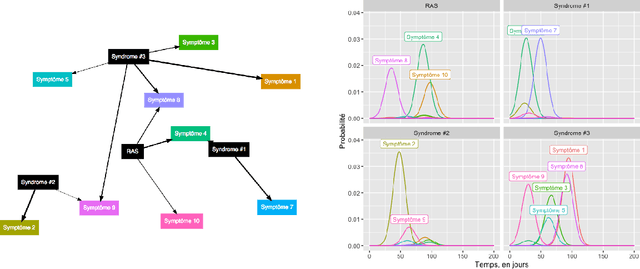
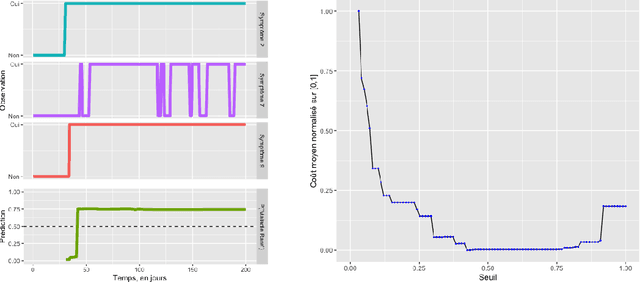
Abstract:A patient suffering from a rare disease in France has to wait an average of two years before being diagnosed. This medical wandering is highly detrimental both for the health system and for patients whose pathology may worsen. There exists an efficient network of Centres of Reference for Rare Diseases (CRMR), but patients are often referred to these structures too late. We are considering a probabilistic modelling of the patient pathway in order to create a simulator that will allow us to create an alert system that detects wandering patients and refers them to a CRMR while considering the potential additional costs associated with these decisions.
Challenging common bolus advisor for self-monitoring type-I diabetes patients using Reinforcement Learning
Jul 23, 2020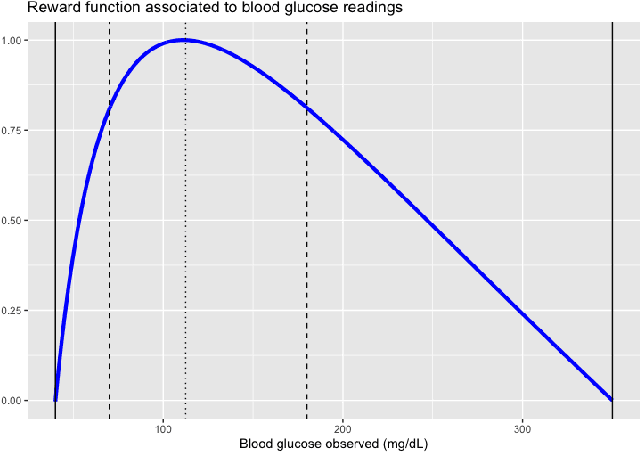
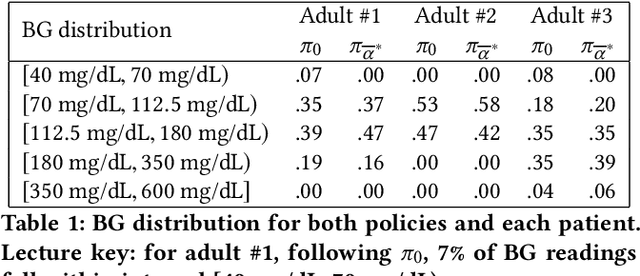
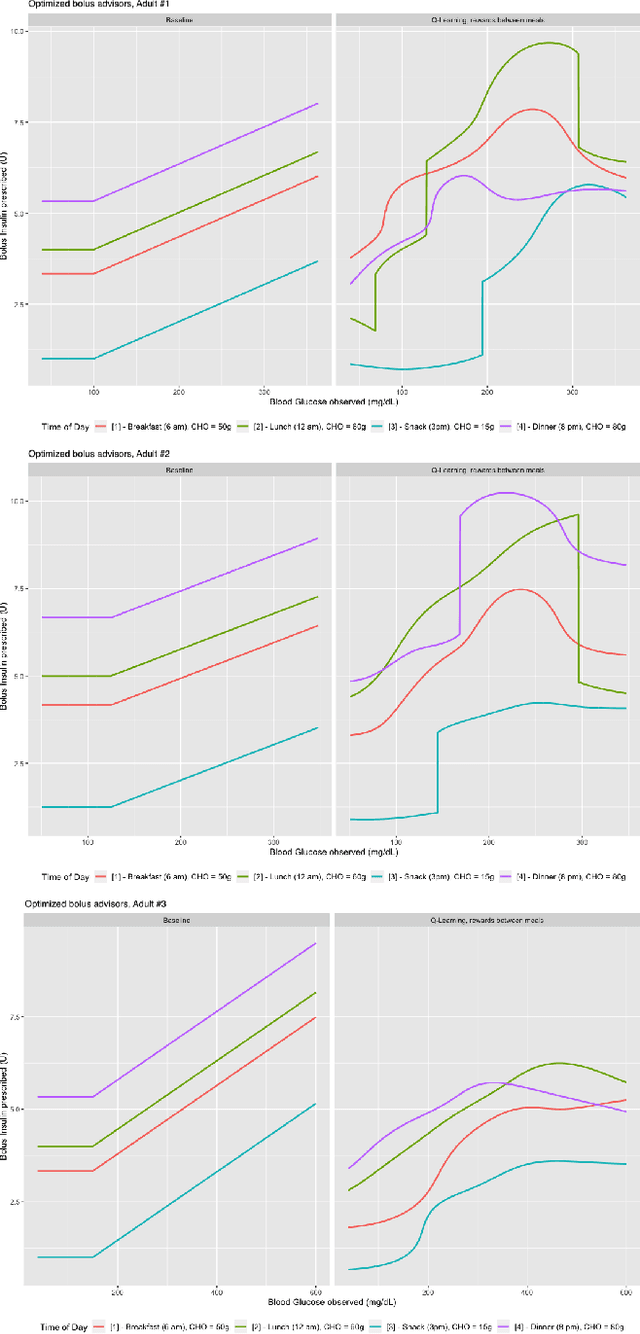

Abstract:Patients with diabetes who are self-monitoring have to decide right before each meal how much insulin they should take. A standard bolus advisor exists, but has never actually been proven to be optimal in any sense. We challenged this rule applying Reinforcement Learning techniques on data simulated with T1DM, an FDA-approved simulator developed by Kovatchev et al. modeling the gluco-insulin interaction. Results show that the optimal bolus rule is fairly different from the standard bolus advisor, and if followed can actually avoid hypoglycemia episodes.
 Add to Chrome
Add to Chrome Add to Firefox
Add to Firefox Add to Edge
Add to Edge